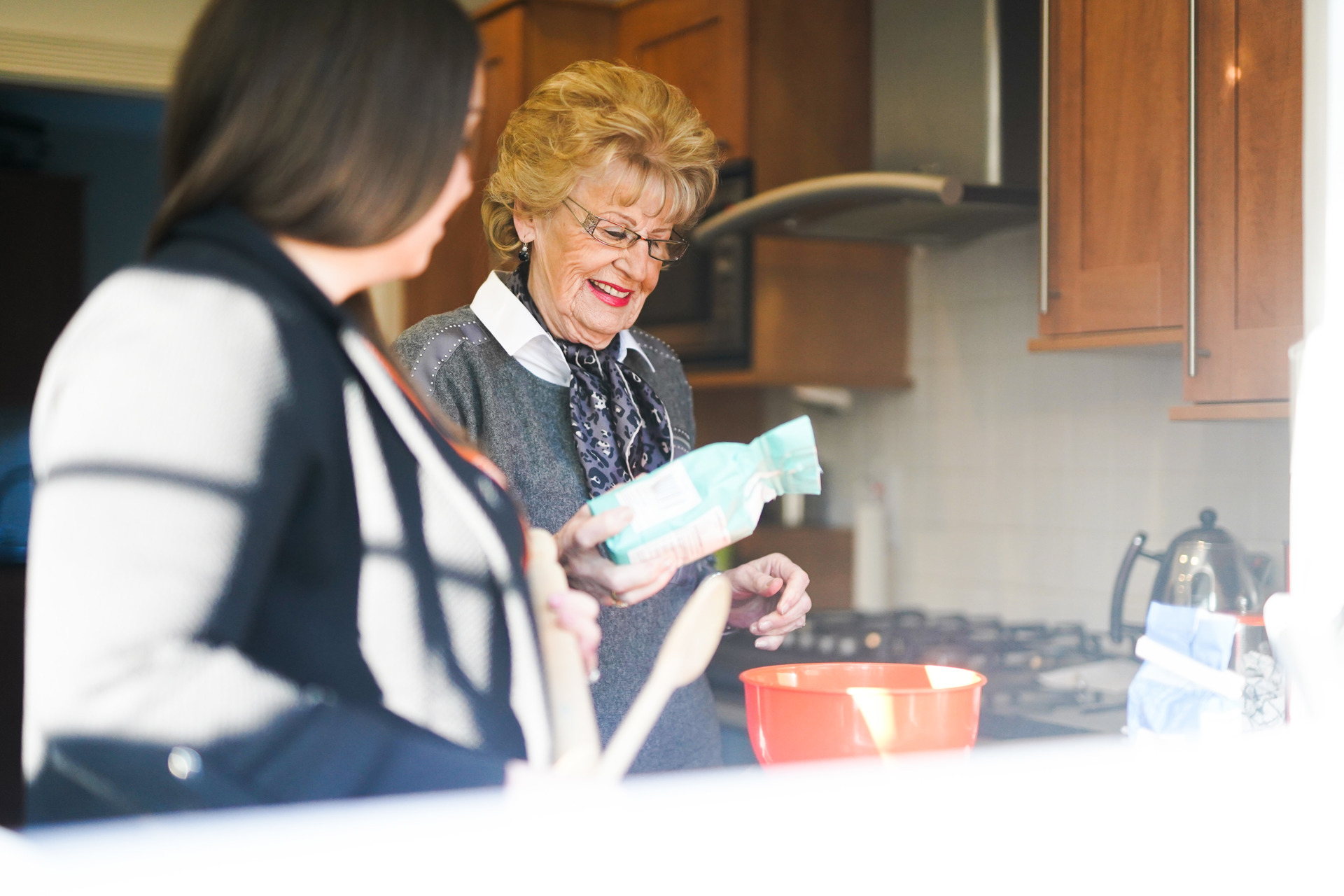Spotting the Early signs of Dementia

Published: 21/05/2024
In the initial phases of Dementia, symptoms may manifest subtly and may easily escape detection. Dementia encompasses various forms, each with its distinct set of symptoms. The manifestation of these symptoms varies from individual to individual. At Right at Home Tyneside, our aim is to provide specialized insights to assist in recognizing the early indications and symptoms of Dementia.
What is Dementia?
Dementia is the term used to describe a group of symptoms that result from damage to the brain caused by different diseases such as; Alzheimer’s disease. The manifestation of symptoms depends on the specific area of the brain affected. Alzheimer’s disease stands as the predominant form of Dementia. Common indicators of Alzheimer’s disease comprise memory lapses, disorientation in unfamiliar environments, repetitive questioning, struggles with verbal expression, challenges in organizational tasks, increased withdrawal and anxiety, and difficulties with numerical comprehension and adapting to changes, particularly evident in shopping scenarios.
Symptoms of early Dementia
The initial signs of Dementia can differ significantly from one individual to another. Among these early indicators are memory decline, trouble focusing, challenges in performing routine activities, mood fluctuations, disorientation regarding time and location, difficulties in planning or solving problems, and diminished judgment. For comprehensive information and assistance regarding the early manifestations of Dementia, you can explore the Alzheimer’s Society website for further insights.
Memory loss
Memory loss stands out as a prevalent initial indication of Dementia, often differing in intensity and progression among individuals, particularly in its early stages. Its onset tends to be gradual. In individuals grappling with Dementia, memory loss can significantly impede their capacity to perform everyday activities.
Difficulty carrying out familiar tasks
People living with dementia often encounter considerable challenges when attempting to carry out tasks that were once routine and familiar to them. Simple activities like dressing, preparing meals, or managing personal finances can become increasingly difficult as the condition progresses. The cognitive impairments associated with dementia, such as memory loss, confusion, and decreased problem-solving abilities, contribute to this difficulty. Additionally, individuals may struggle with following step-by-step instructions or organizing their thoughts, further complicating their ability to complete tasks independently. As a result, they may require increased support and assistance from caregivers to navigate daily life effectively.
Mood changes
Individuals living with dementia may experience fluctuations in mood as a result of the changes occurring in their brain. These mood changes can vary widely, ranging from increased irritability and agitation to periods of sadness or anxiety. Factors such as confusion, frustration with memory loss, difficulty communicating, or feeling overwhelmed by unfamiliar situations can contribute to these mood shifts. Additionally, the progression of the disease and the challenges it presents may lead to feelings of loss, grief, or frustration, further impacting mood. Understanding and providing support for these mood changes are essential aspects of caring for individuals with dementia, helping to enhance their overall well-being and quality of life.
Decreased or poor judgement
Another common early symptom of Dementia is poor judgement. This decrease in judgment can manifest in various ways, such as making inappropriate financial choices, neglecting personal hygiene, or engaging in risky behaviors without recognizing the potential consequences. The cognitive changes associated with dementia, including impairments in reasoning and problem-solving abilities, contribute to these lapses in judgment. As a result, individuals with dementia may require increased supervision and support from caregivers to ensure their safety and well-being.
Are you worried someone has Dementia?
If someone you know is displaying any of the symptoms we have discussed, even if it is just one, you should encourage them to see a GP.
You can find more information, advice, and support on the Alzheimer’s Society website here.
Other online resources are available online and can offer valuable guidance and support if you or a loved one has Dementia. They include Dementia UK and the NHS website.
In some cases, if Dementia is found early, its progress can be slowed down, allowing the person to maintain their mental function for longer.
How can we help?
Our specialist team of Carers can support your loved ones to remain in the comfort of their own home whilst receiving the highest quality care.
At Right at Home Tyneside we are proud Dementia Friends. You can find out more information about the Dementia Friends initiative here.
For more information about our homecare services, please contact a member of our friendly office team on 0191 215 5555

